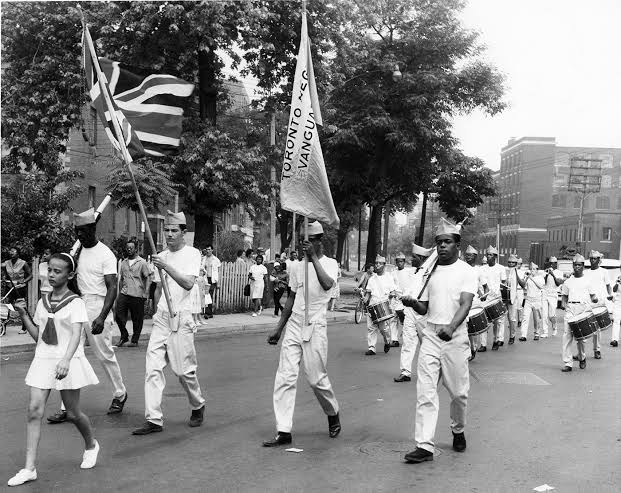Jamaica’s Emancipation Day celebration on August 1, 2024, took an emotional turn as heirs of slave owners publicly apologized to descendants of those enslaved. This year’s event, held at Seville Heritage Park in Saint Ann, marked a poignant moment in the ongoing journey towards reconciliation and reparative justice.
A Historic Apology
Emancipation Day, celebrated across the Caribbean every year on August 1st, is recognized as a public holiday in many islands. Since 1997, the event at Seville Heritage Park has been a central feature of these celebrations. This year, however, it featured an unexpected and deeply moving component: personal apologies from the descendants of those who profited from the transatlantic slave trade to the descendants of those who suffered under it.
Organized by the Jamaica National Commission on Reparations, the Jamaica National Heritage Trust, and the Ministry of Culture, the event included re-enactments and poetry that vividly brought to life the experiences of enslaved individuals in Jamaica. These performances set a powerful backdrop, bridging the centuries between the audience and the ancestors they honored.
A Powerful Midnight Moment
As the clock struck midnight, a solemn hush fell over the crowd, a symbolic pause before the reading of the Emancipation Proclamation. This moment, filled with historical weight, signaled not just the end of slavery but the beginning of a new chapter of hope and freedom.
Voices of Apology
Among the speakers was Joseph Harker, Senior Editor at The Guardian, who delivered an apology via video message. Representing the Heirs of Slavery, a group of people who discovered their ancestors were involved in the slave trade, Harker reiterated a commitment to raising awareness and creating a 10-year program of restorative justice in consultation with affected communities.
Also, read; Why It Costs $15 Million to Send Team USA’s Basketball Squad to the Olympics
However, the most impactful moment came from two New Zealand sisters, Kate Thomas and Aidee Walker. They traveled to Jamaica to address the wrongdoings of their ancestors, the Malcolm clan of Argyll. In their heartfelt apology, they acknowledged the wealth created by their ancestors through the enslavement of others and the injustice of financial compensation paid by the British government to enslavers, rather than the enslaved.
“We acknowledge the wealth created by our ancestors through the chattel enslavement of your ancestors, and the injustice of financial compensation paid by the British government to the enslavers. The enduring and damaging legacy of this injustice continues to the present day. We share a history as descendants of both enslavers and the enslaved. Our history is intertwined with your history, and your history is intertwined with ours,” they stated.
Commitment to Reparative Action
Their pledge to turn apologies into concrete reparative actions was met with applause, signaling a collective desire for tangible steps towards justice. Laura Trevelyan, a British journalist and member of the Heirs of Slavery, supported the sisters through this process. She highlighted the global reach of the transatlantic slave trade and hoped their actions would spark a debate about historical links to slavery in the Oceania region.
The sisters’ story underscores the complexity of the reparations movement. Their fourth great-grandmother, Mary Johnson, was of African descent and served as a housekeeper in the Malcolm household. She had five children with John Malcolm, including the sisters’ third great-grandfather, Neill Malcolm.
Exploring Ancestry and Identity
Kate Thomas and Aidee Walker’s journey into their ancestry was prompted by their involvement with New Zealand’s Māori people. Walker, a filmmaker, reflected on the trauma of colonization: “My partner is Māori and his grandparents were beaten for speaking Māori in school, and we have seen the effects that losing their language has had on his family.”
Jamaica’s Culture Minister Olivia Grange emphasized the significance of these apologies, stating, “These apologies may be small steps, but they are important steps on the journey towards reparatory justice.”
The Emancipation Day event in Jamaica not only honored the memory of those who suffered under slavery but also highlighted the ongoing efforts to address historical injustices. Through heartfelt apologies and commitments to reparative action, descendants of both enslavers and the enslaved are working together to pave the way for a more just future.

